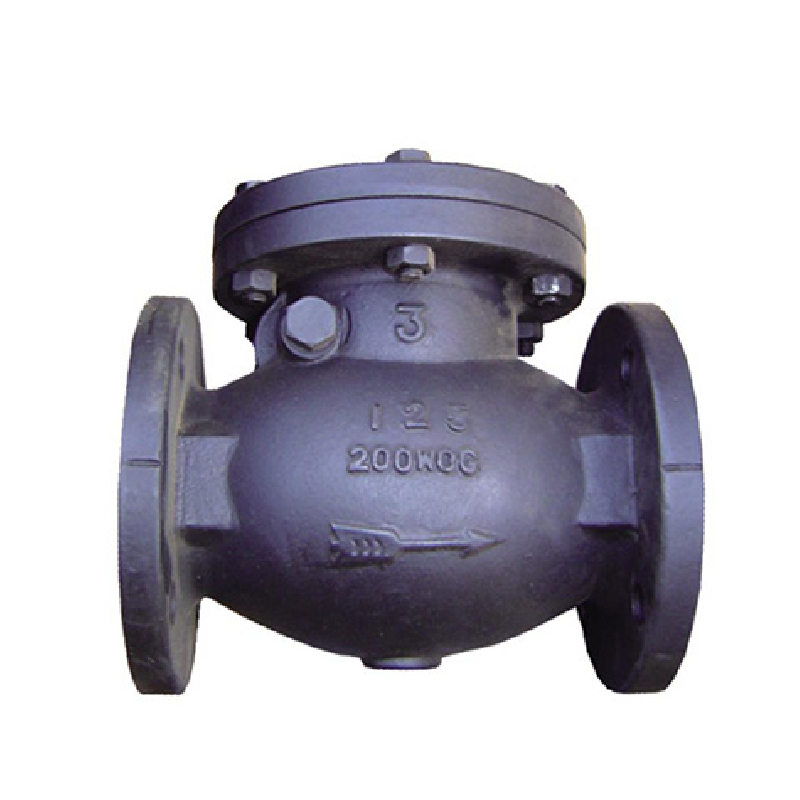नोभ . 24, 2024 19:02 Back to list
Teflon Coated Butterfly Valve for Enhanced Performance and Corrosion Resistance
The Role of Teflon Butterfly Valves in Modern Industries
Butterfly valves are essential components in various industrial applications, serving as a control mechanism for regulating flow in pipes. Among the many materials used in manufacturing these valves, Teflon—also known as polytetrafluoroethylene (PTFE)—has emerged as a material of choice due to its remarkable properties. This article delves into the significance of Teflon butterfly valves, their advantages, and their diverse applications across industries.
Understanding Butterfly Valves
A butterfly valve consists of a circular disc mounted on a rotating shaft. The disc pivots to open or close the flow of liquid or gas within a pipeline. Its design allows for quick operation and a compact size, making it a popular choice in various systems where space and efficiency are paramount.
However, the materials used in butterfly valves are crucial to their performance, longevity, and resistance to different environmental conditions. Teflon, with its unique characteristics, enhances the functionality of butterfly valves significantly.
Advantages of Teflon Butterfly Valves
1. Chemical Resistance One of the standout features of Teflon is its exceptional resistance to chemical corrosion. This property makes Teflon butterfly valves ideal for handling aggressive chemicals and corrosive substances found in industries such as pharmaceuticals, chemicals, and petrochemicals. Unlike other materials, Teflon does not react with a wide range of chemicals, ensuring the integrity of the valve and the pipeline.
2. Low Friction Teflon’s low friction coefficients make it an excellent choice for valves that require smooth operation. The non-stick nature of Teflon reduces wear and tear on the valve’s components, resulting in lower maintenance costs and longer service life. This aspect is particularly beneficial in applications involving frequent operation, as it minimizes the effort required to open and close the valve.
3. Temperature Resistance Teflon can withstand a broad range of temperatures, from cryogenic conditions to high heat. This temperature tolerance ensures that Teflon butterfly valves can be utilized in both cold and hot applications without compromising their structural integrity or performance. This versatility is crucial for industries like food processing, where temperatures can often fluctuate.
4. Lightweight Construction Teflon butterfly valves tend to be lighter than those made from metal materials. This lightweight construction simplifies the installation process and reduces the overall load on supporting structures, making them an excellent choice for systems where weight reductions are essential.
teflon butterfly valve

5. Ease of Maintenance The smooth surface of Teflon results in less buildup of deposits over time, facilitating easier cleaning and maintenance. Industries that require stringent hygiene standards, such as food and beverage processing, benefit from the reduced maintenance requirements that Teflon butterfly valves provide.
Applications of Teflon Butterfly Valves
Teflon butterfly valves find applications in a variety of industries due to their favorable properties
. Below are several key industries where these valves play a crucial role- Chemical Processing Teflon butterfly valves are often used in chemical plants to manage the flow of corrosive liquids and gases, ensuring safety and efficiency.
- Food and Beverage Industry Due to their ease of cleaning and resistance to bacterial growth, Teflon butterfly valves are common in food processing lines, providing safe and reliable control of ingredients and products.
- Pharmaceutical Industry In pharmaceutical manufacturing, where contamination must be minimized, Teflon’s non-reactive nature ensures that the purity of products is maintained throughout processing.
- Water Treatment Teflon butterfly valves are also utilized in water treatment facilities for their longevity and ability to withstand the various chemicals involved in water purification processes.
Conclusion
Teflon butterfly valves are indispensable tools in modern industry, providing reliable control of fluid flow across various applications. Their unique properties, including chemical resistance, low friction, temperature tolerance, lightweight construction, and maintenance ease, make them superior choices compared to traditional valve materials. As industries continue to seek efficient and robust solutions for fluid control, Teflon butterfly valves will undoubtedly remain at the forefront, driving advancements and enhancing productivity in numerous fields.
Share
-
Advanced Technology in Wire and Cable FactoryNewsAug.19,2025
-
Applications of Ball Check Valve in Water Treatment PlantsNewsAug.19,2025
-
How Osy Gate Valve Ensures Leak - Tight SealingNewsAug.19,2025
-
Selection Criteria for Wafer Type Butterfly ValveNewsAug.19,2025
-
Threaded Ball Valve Pressure RatingsNewsAug.19,2025
-
Y Strainer PN16 Cost - Effectiveness AnalysisNewsAug.19,2025


